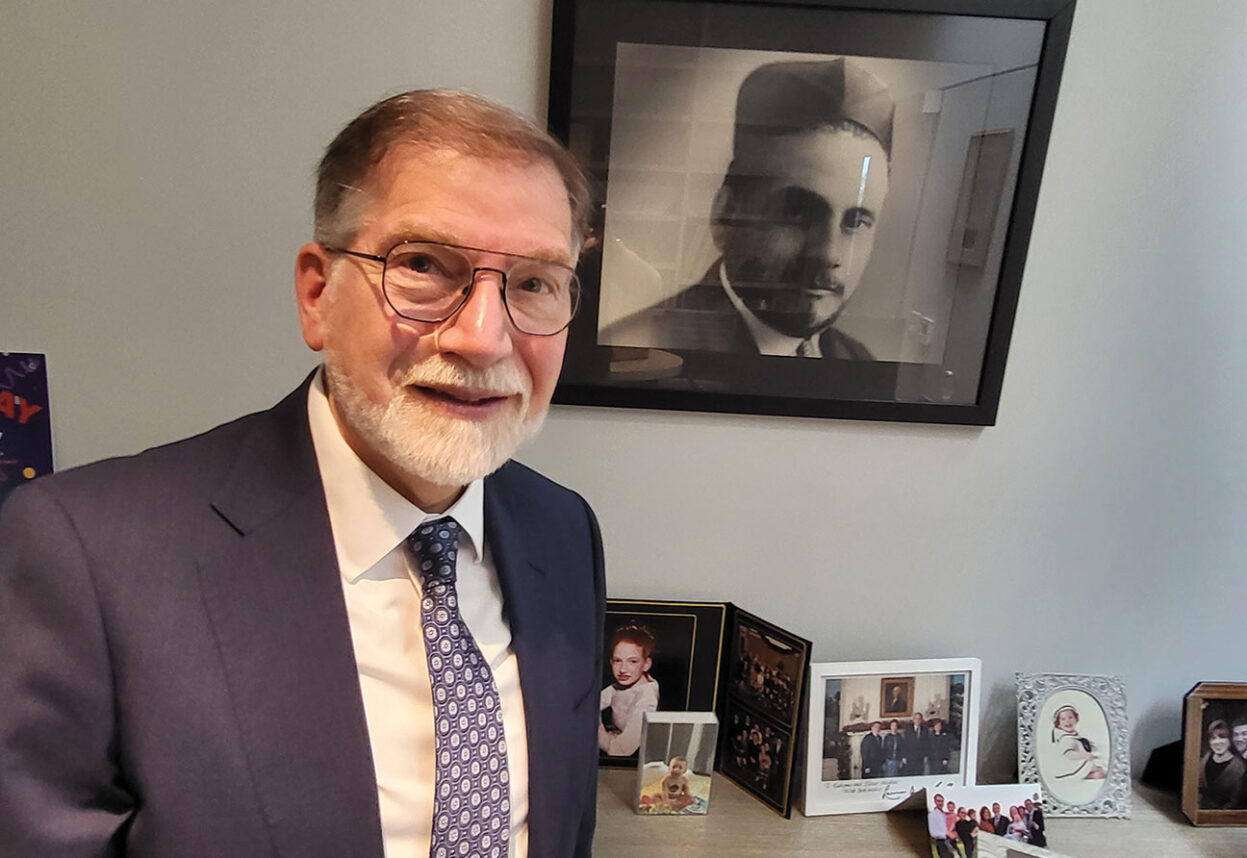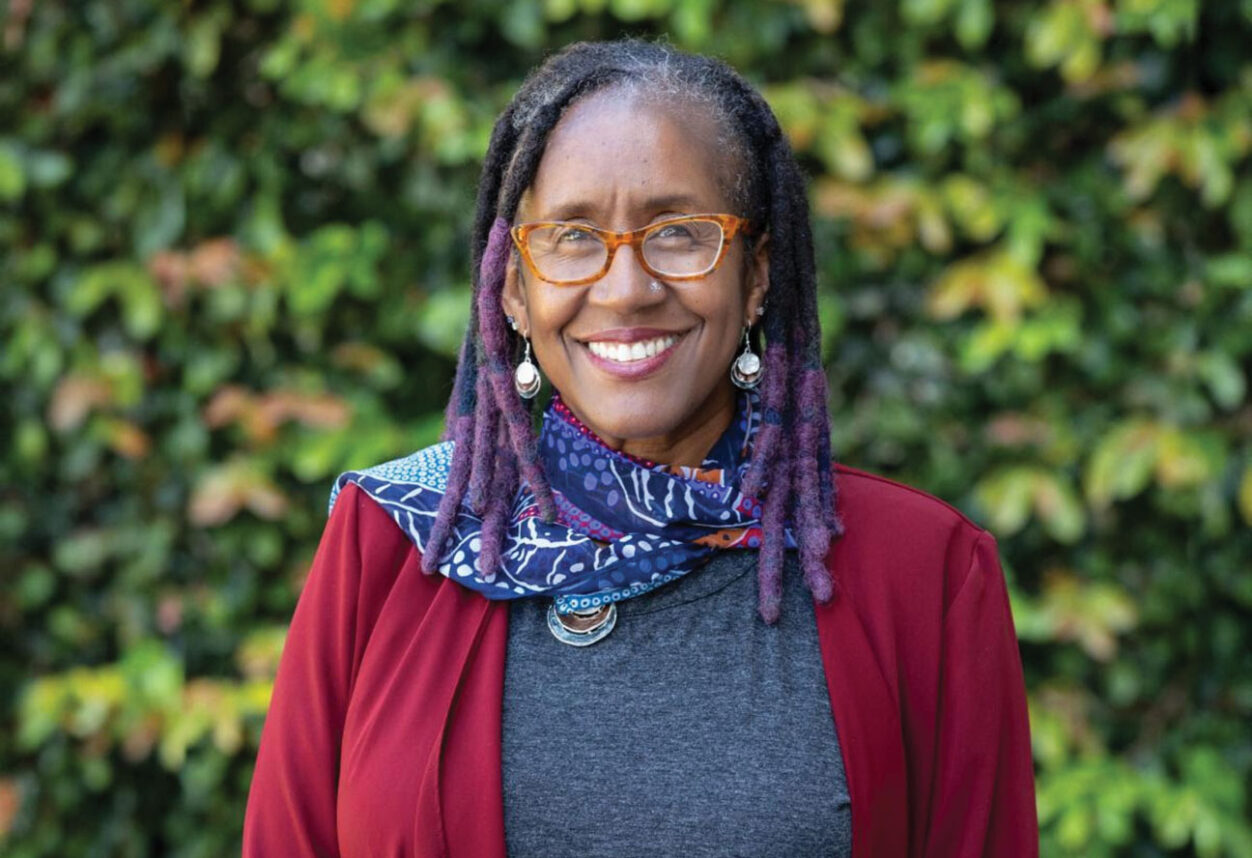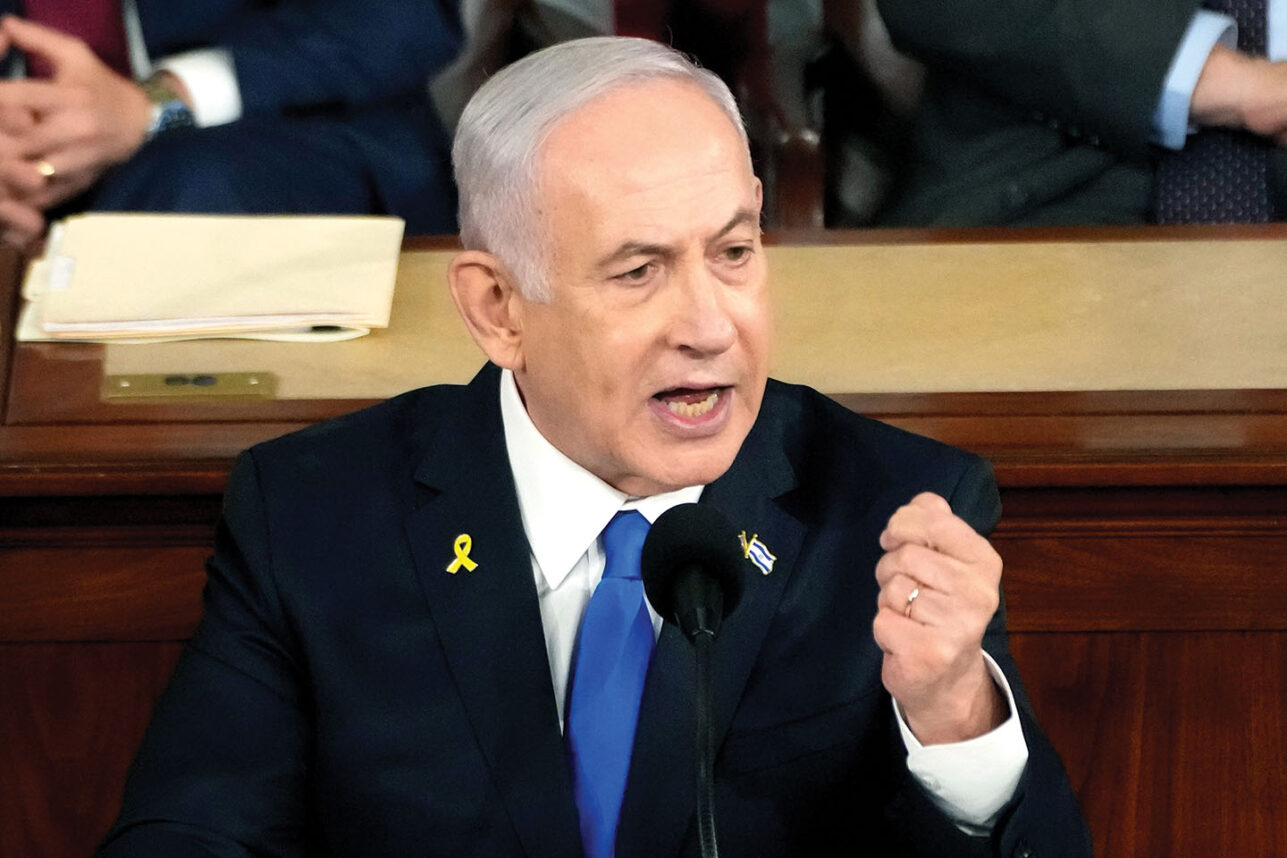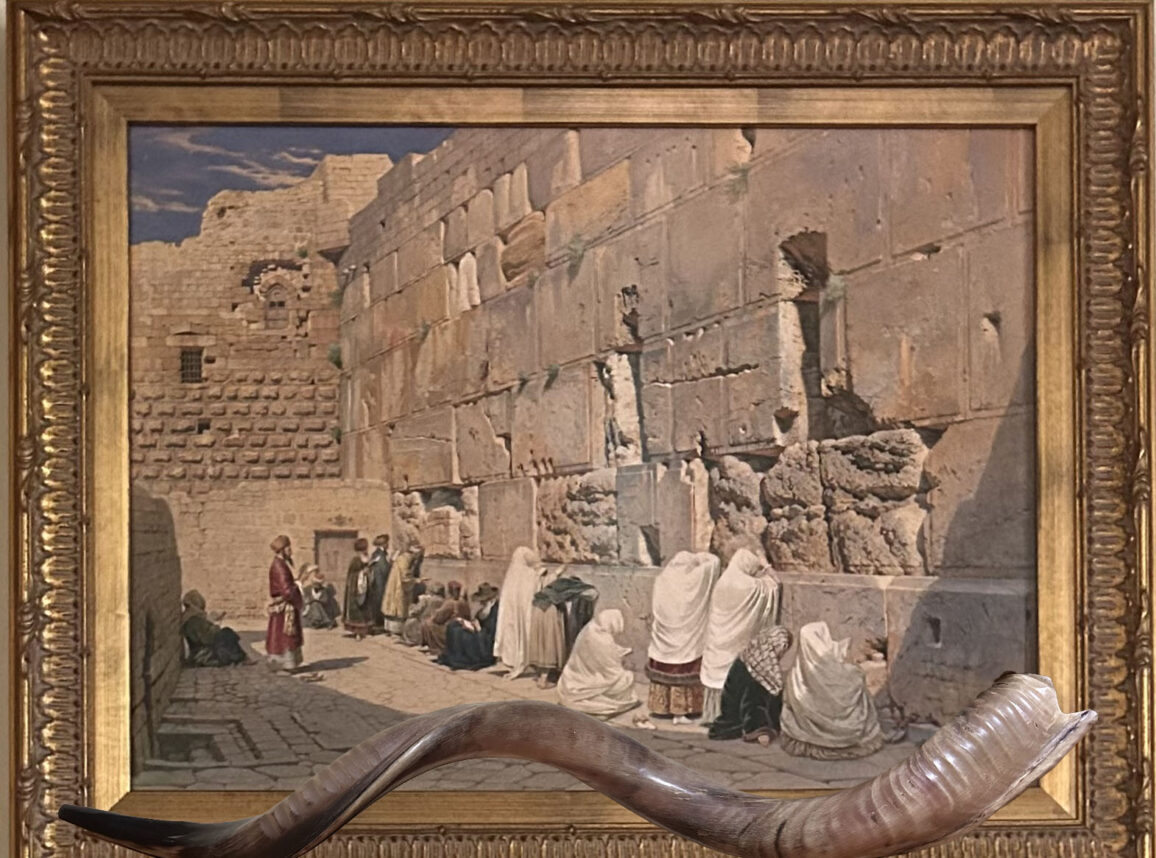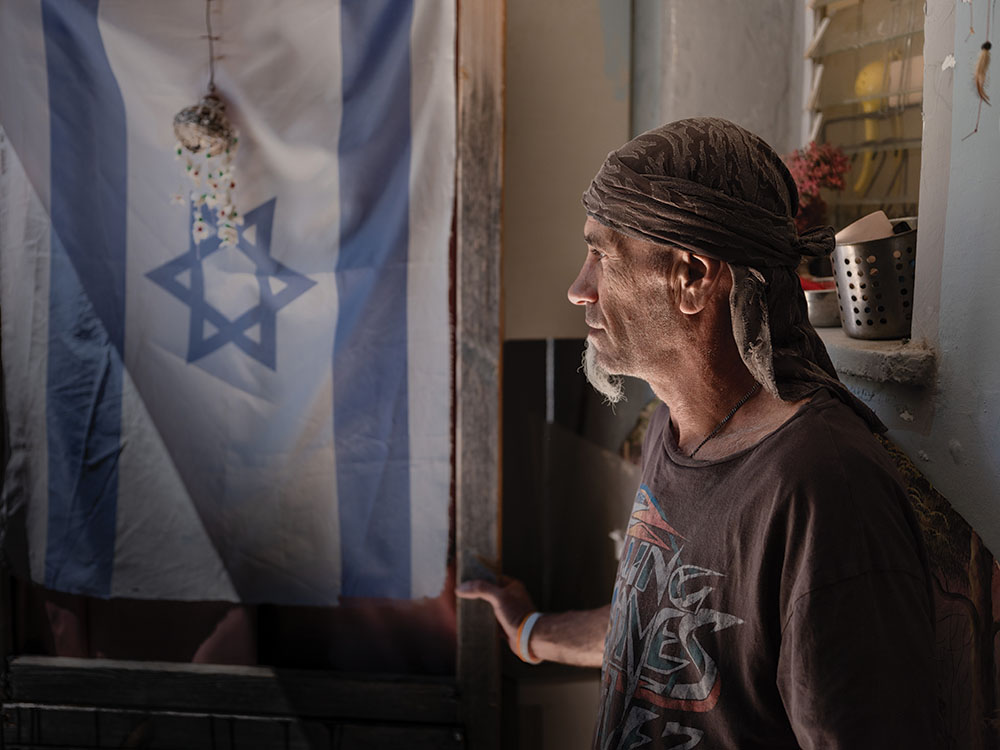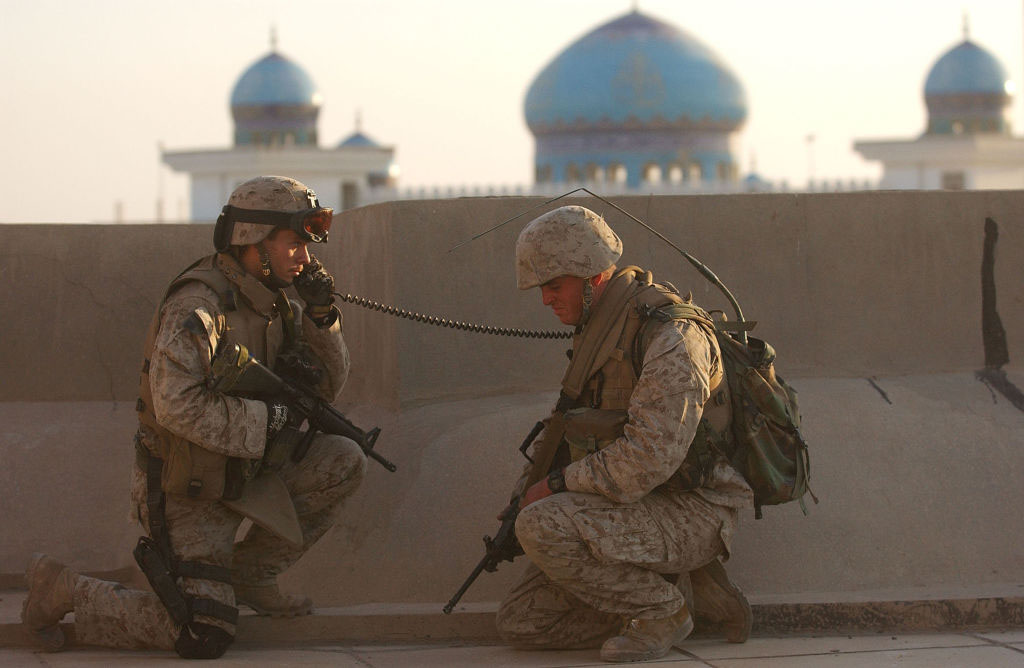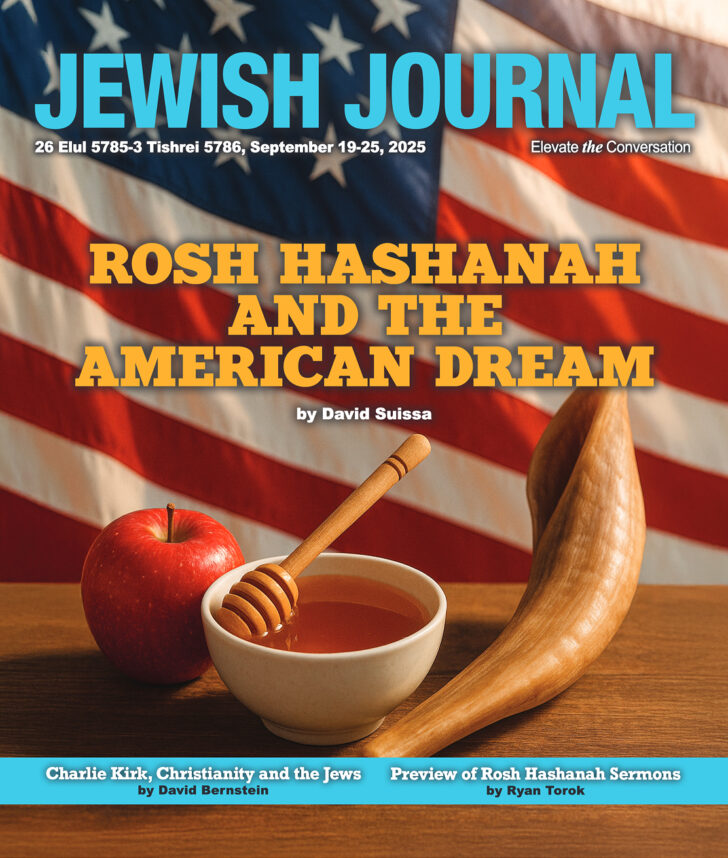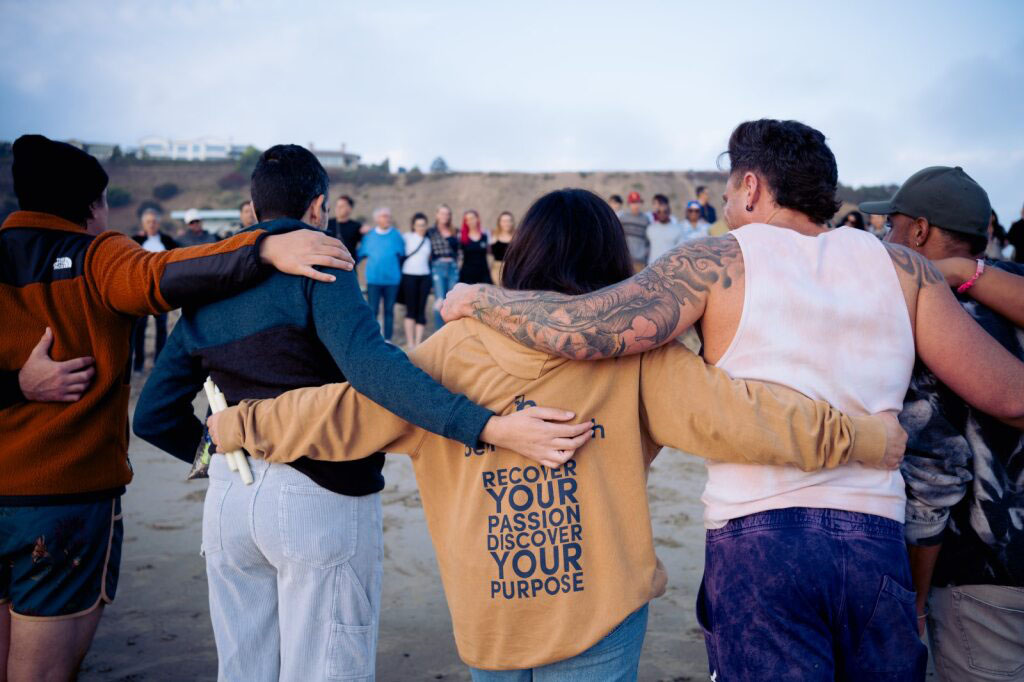In the Middle East, "Nothing is ever forgotten. Nothing is ever forgiven."
This opening line sets the tone for "Search for Destiny," a five-part documentary on the history of the volatile region, with primary emphasis on the struggles in Palestine and Israel since the beginning of the 20th century.
The second segment of the series airs on Jan. 10, at 10:30 p.m. on KCET and continues on the three subsequent Thursdays at 10 p.m..
The first two of the five segments, which take the story up to the end of Israel’s War of Independence, is a story with a definite viewpoint.
The producer is British MovieTonews, and apparently all the footage was drawn from its own archives. That has the advantage of good coverage in the areas in which Britain dominated, from Egypt in the west to Iraq and India in the east.
However, the drawback is that the story is told mainly from the British perspective. Though by no means a complete whitewash of the British role, the kingdom’s soldiers and statesmen tend to be cast as impartial referees in "the great game of empire," trying to ensure fair play among the unruly Arabs and Jews.
A minor annoyance is the inability of the British narrator to pronounce Hebrew words. For instance, Haganah comes out as heGEneh.
Still, there are useful bits of information, such as the matter-of-fact statement that not only British deserters, but freed German prisoners of war, aided the Arabs in fighting the Jews in 1948.
And, explaining the unexpected Israeli victory in the War of Independence, the narrator notes that the Jews "knew no fear and fought with Zionist zeal." That "zeal," apparently, was the result of centuries of persecution, during which "Jewish destiny became like a compressed spring, which released all its energy in a giant leap in 1948."
The third segment, perhaps reflecting Britain’s acceptance of its declining role on the world stage, shifts the focus from the "referee" to the players. The narration balances the exodus of 750,000 Arab refugees with the arrival of the same number of Jews, many from Middle Eastern countries, who turn Israel "into a giant refugee camp" but also help to "transform the landscape." Politically, the second half of the 20th century is defined for the Arabs "by their hostility toward Israel." Some of the most interesting footage and analysis deals with the fall of Egypt’s King Farouk and the rise of Gamal Abdel Nasser as the Arab world’s "man of destiny."
The 1956 war, jointly hatched by Britain, France and Israel after Nasser announced he would nationalize the Suez Canal, again redirects the documentary’s focus on England. But by this time, she is no longer the ruler of the waves or imperial umpire but a secondary power that has to retreat ingloriously when President Dwight D. Eisenhower frowns in displeasure. The final two segments, which were unavailable for preview, will take "Search for Destiny" up to the present.











